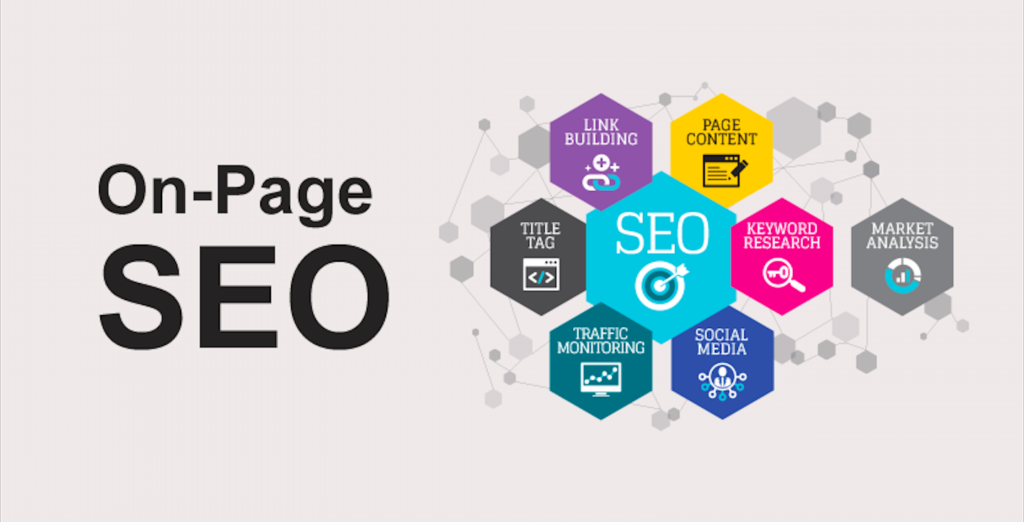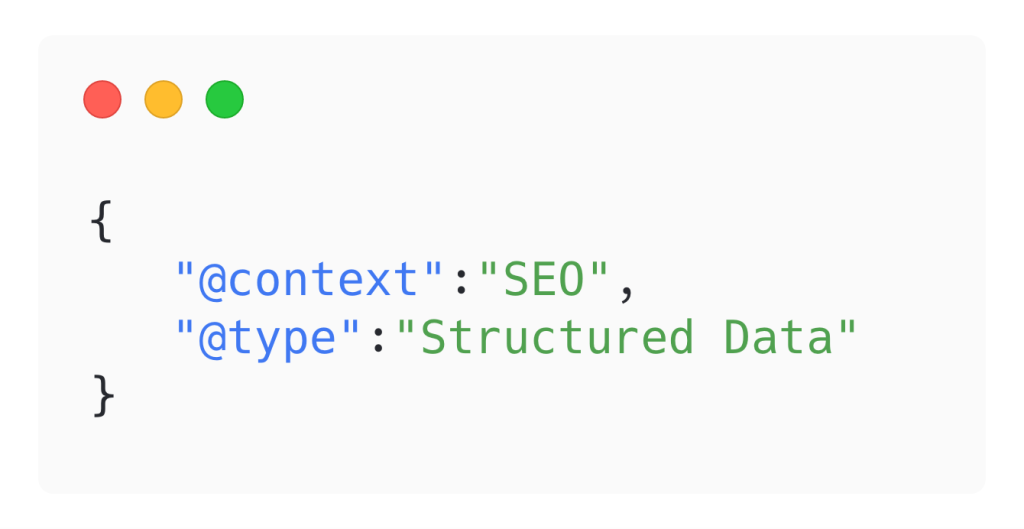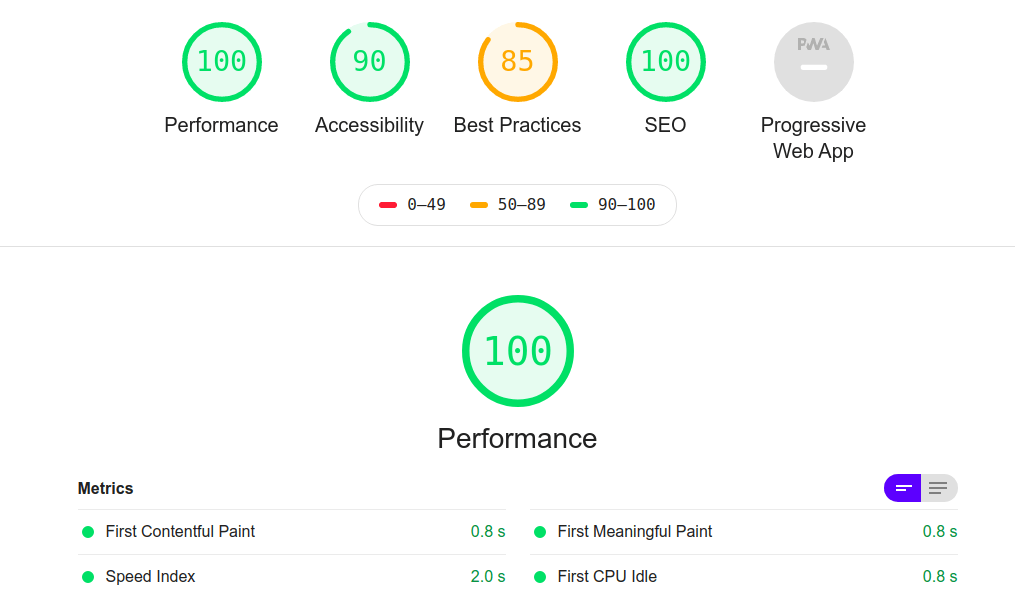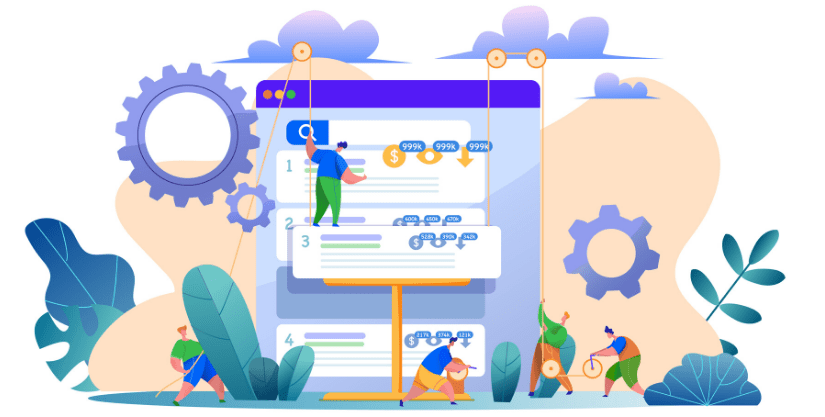Table of contents
In the world of digital marketing, search engine optimization (SEO) plays a pivotal role in driving organic traffic to websites. One common question that often arises is, “Does SEO require coding?” In this comprehensive guide, we will delve into this question and explore the relationship between SEO and coding. We’ll break down complex concepts using simple language and provide you with a detailed explanation, addressing FAQs along the way.
The simple answer is no, SEO does not require coding. At its core, SEO focuses on optimizing a website’s content, structure, and various elements to rank higher in search engine results. While coding can enhance cof SEO, it’s not a prerequisite. You can effectively implement SEO strategies without delving into complex coding techniques.
SEO and Coding
Content Optimization
When it comes to SEO, content is king. You don’t need to be a coding expert to create high-quality, engaging content. Using relevant keywords naturally throughout your content, crafting compelling headlines, and providing valuable information to your audience are key elements of content optimization. By focusing on user intent and creating content that answers their queries, you can improve your website’s search engine visibility.

On-Page SEO
On-page SEO involves optimizing individual web pages to improve their search engine rankings. While coding knowledge can be advantageous here, it’s not mandatory. Elements like meta titles, meta descriptions, header tags, and URL structures can be optimized without extensive coding skills. Content management systems (CMS) like WordPress offer user-friendly plugins that make on-page SEO accessible to non-coders.

Technical SEO
Technical SEO deals with the technical aspects of a website that impact its search engine performance. This is where coding can have a role. Tasks like improving site speed, implementing structured data markup, creating XML sitemaps, and ensuring mobile responsiveness may require coding expertise. Collaborating with a developer can help address these technical aspects effectively.

Benefits of Coding in SEO
While coding is not a prerequisite for SEO, having some coding knowledge can offer several advantages:
Customization
When you possess coding skills, you gain the ability to mold your website’s appearance and functionality according to your specific needs. This customization capability is immensely beneficial for SEO because it allows you to create a unique and tailored user experience that aligns precisely with your SEO objectives. With coding knowledge, you’re not confined to pre-designed templates or limited design options provided by website builders. You have the creative freedom to optimize various elements of your site, such as headers, footers, navigation menus, and content layout, ensuring they are SEO-friendly and user-centric.
Structured Data
Coding proficiency empowers you to incorporate structured data markup into your website’s HTML code. Structured data, expressed in formats like JSON-LD or microdata, provides search engines with additional context about your content. This enables search engines to better comprehend the purpose and meaning of your content, leading to the creation of rich search results, also known as “rich snippets.” Rich snippets can include enhanced information like star ratings, product prices, event dates, and more, which can make your search results stand out and attract more clicks. By utilizing structured data, you provide search engines with a clearer understanding of your content’s relevance and significance, potentially improving your site’s visibility in search results.

Site Speed Optimization
Proficiency in coding allows you to dive deep into the technical aspects of your website’s performance, including site speed optimization. Site speed is a crucial factor for both user experience and SEO. Slow-loading websites can lead to high bounce rates and decreased user engagement, which can negatively impact your SEO rankings. With coding knowledge, you can optimize your website’s code, minify CSS and JavaScript files, leverage browser caching, and compress images to reduce file sizes, all of which contribute to faster loading times. Additionally, you can identify and rectify coding-related issues that might be slowing down your site’s performance. A faster-loading website not only enhances user satisfaction but also signals to search engines that your site offers a smooth browsing experience, potentially boosting your SEO rankings.

Drawbacks of Coding
Coding for SEO (Search Engine Optimization) can have several drawbacks and challenges. While proper coding practices can enhance a website’s visibility and ranking on search engines, there are potential downsides to consider:
Complexity and Learning Curve
SEO coding often requires a deep understanding of both programming and SEO principles. This can be daunting for those who are new to coding or SEO, potentially leading to errors or inefficiencies.
Algorithm Changes
Search engines frequently update their algorithms, impacting how they rank and display websites. Code optimized for the current algorithm might not be as effective after an update, necessitating regular code adjustments.

Time-Consuming
SEO coding can be time-intensive, involving tasks like optimizing meta tags, managing structured data, and improving website speed. This can divert time and resources away from other aspects of website development.

Technical Errors
Incorrect implementation of SEO-related code can lead to technical errors on the website, such as broken links, slow loading times, or distorted layouts. These errors can harm user experience and SEO efforts.

Conclusion
having coding skills in the realm of SEO provides you with a toolkit to finely tailor your website’s design and functionality to align with your SEO goals. This level of customization enhances user experience and engagement. Furthermore, your coding abilities enable you to implement structured data markup, elevating the visibility of your content through rich search results. Additionally, by optimizing your website’s performance through coding techniques, you can ensure faster loading times and an improved overall browsing experience. These combined advantages can contribute significantly to your website’s SEO success, helping you achieve better rankings, higher click-through rates, and increased organic traffic.
FAQ’S
Absolutely! Basic SEO strategies such as keyword research, content optimization, and on-page SEO can be effectively implemented without coding skills.
While coding knowledge can be beneficial, it’s not mandatory. Many successful SEO professionals excel without extensive coding backgrounds.
Yes, various tools and plugins are available that can simplify technical SEO tasks, allowing you to optimize your website without in-depth coding knowledge.


